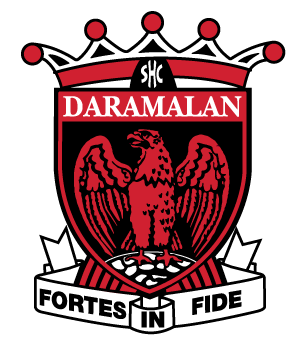Psychology T/A
Psychology
- an understanding of the scientific foundations of psychology; its areas of study, goals, methods of data collection and analysis;
- a lively interest in the application of this knowledge to the problems and challenges of life e.g. an insight into our modes of perceptions, the use of our abilities, the rearing of children, our own personalities and modes of interacting with others.
The course may be taken as a Minor or a Major. The units studied include:
- Introduction to Psychology and Childhood
- Learning, Memory and Mental Abilities
- Personality and Abnormal Psychology
- Social Influences, Attitudes and Prejudice
INTRODUCTION TO PSYCHOLOGY AND CHILDHOOD
This unit begins with an introduction to psychology and what psychologists do, and why psychology is a science. This is followed by scientific method, data collection techniques, research strategies, and writing laboratory reports. There is a focus on human behaviour compared with animal behaviour. The second half of the semester concentrates on human development from birth to late childhood.
LEARNING, MEMORY AND MENTAL ABILITIES
This unit examines in detail the principles and applications of classical and operant conditioning, social learning theory and cognitive learning. This leads into the topic of intelligence and its measurement, problem solving and creativity. This is followed by memory; the process, measurement and levels of memory, theories of forgetting, eye-witness testimonies, and improving long-term memory.
PERSONALITY AND ABNORMAL PSYCHOLOGY
This unit deals with specific theories of personality including psychodynamic (including dream analysis), behavioural, trait, need, and humanistic approaches. Freud will receive detailed attention. The final section deals with personality disorders and the treatment of these disorders from a psychological viewpoint.
SOCIAL INFLUENCES, ATTITUDES AND PREJUDICE
This unit begins by examining attitude formation and attitude change. Social behaviour in the presence of others follows, covering the topics: conformity, obedience to authority, forms of power; cooperation and competition, social responsibility and altruistic behaviour. The final section of the unit deals with specific social problems such as alcohol and drug abuse, prostitution, and domestic violence.
